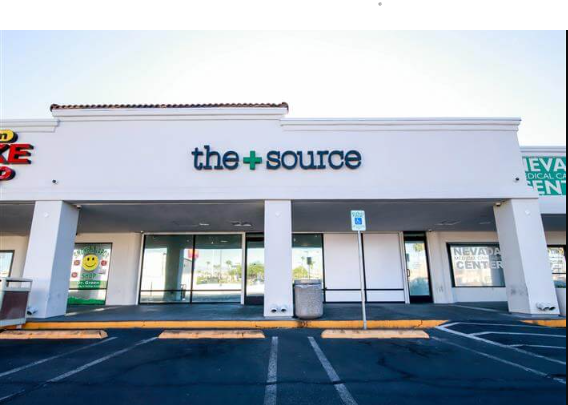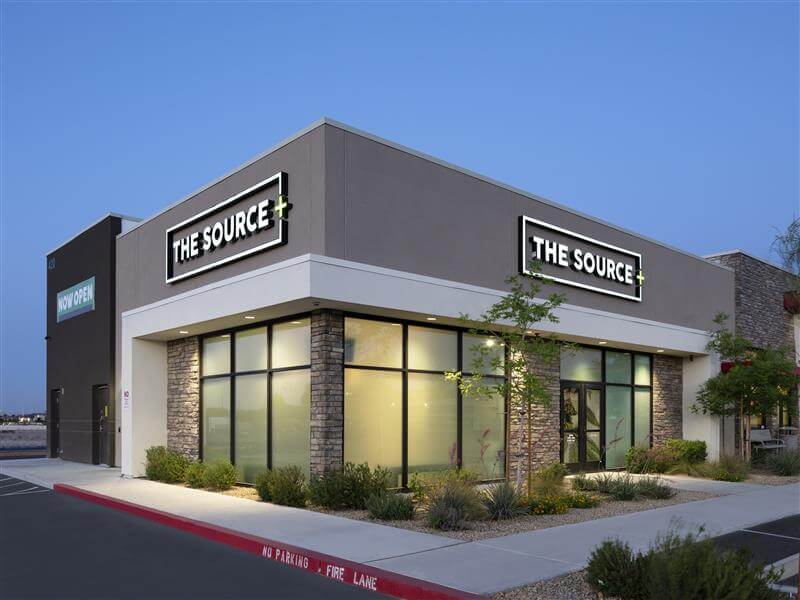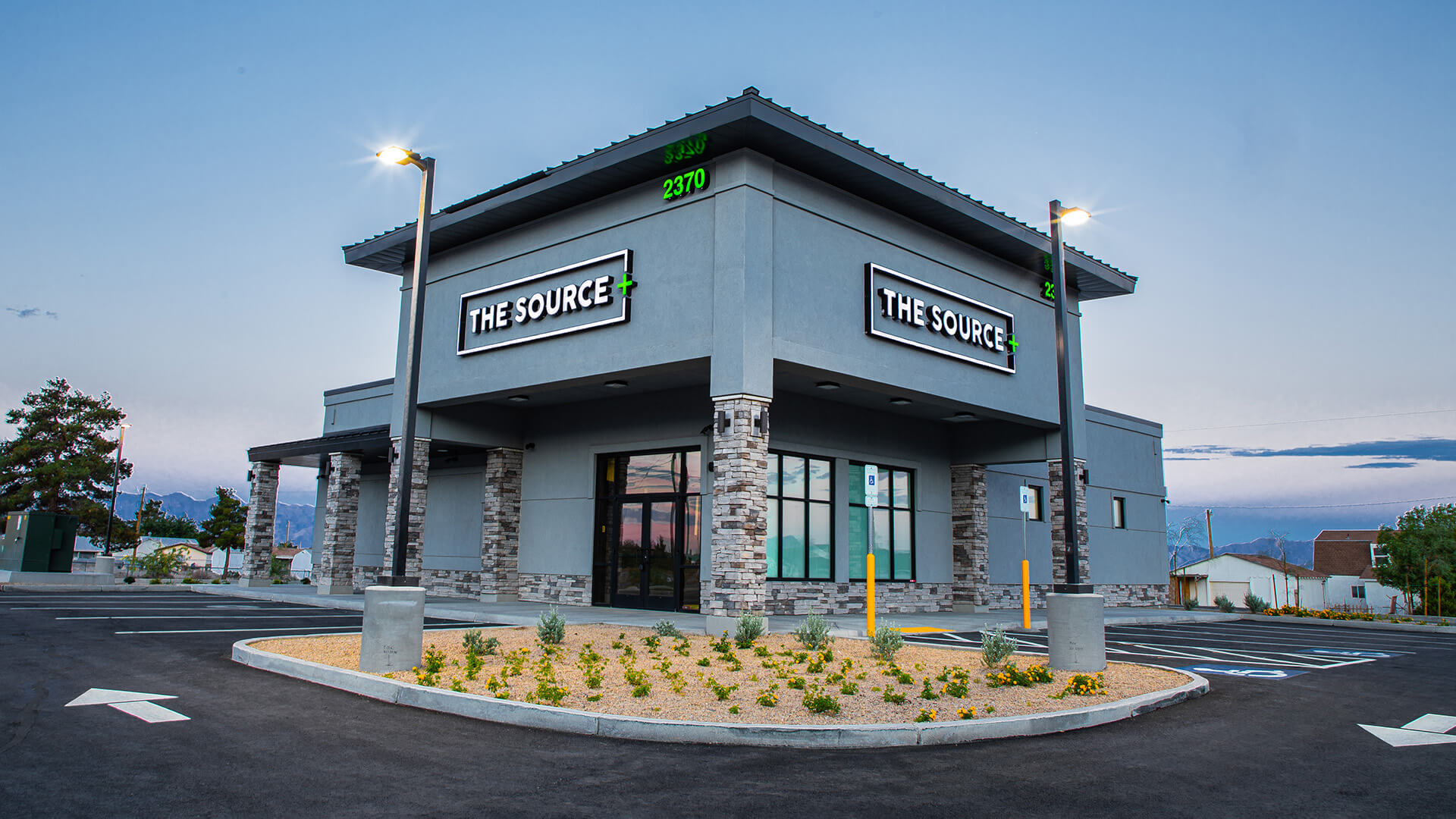Debunk the biggest THC & CBD Myths!
This content has been updated for 2024 to reflect new research and benefits of CBD.
THC and CBD are two of the most well-known compounds found in cannabis, and as their popularity grows, so do the myths and misconceptions surrounding them. In this article, we will explore some of the most common myths about THC and CBD.
What is THC?
The principal psychoactive compound of marijuana is tetrahydrocannabinol (THC) which creates the ‘high’ sensation. It works by attaching itself to cannabinoid receptors in the brain and central nervous systems to affect neurologic functions like pain perception, appetite, mood, and memory. Tetrahydrocannabinol alleviates nausea and stimulates appetite in AIDS and cancer patients, while also acting as an analgesic. However, due to its mind-altering effects, THC has been banned or restricted in numerous countries around the world where it remains a controversial subject. In some jurisdictions, it is allowed for both recreation and treatment but still belongs to the list of controlled substances elsewhere for ongoing debates on the safety of use and its social effects.
What is CBD?
Cannabidiol (CBD) is a non-psychoactive compound derived from the hemp plant, which can be mainly taken from hemp and has less than 0.3% THC by definition. In contrast to THC, it does not cause intoxication because it does not get you high. It is therefore a subject of interest to many for its potential medical uses. CBD is fully legal in most countries at the federal level. Therefore, it comes in various forms such as oils, capsules, and creams that interact with our body’s endocannabinoid system regulating pain, mood, and immune response physiologies they are involved with. This underpins why people ought to buy quality products.
Myth #1: THC & CBD are the same thing
Both THC and CBD are compounds from the cannabis plant, but they differ. THC is a psychoactive constituent responsible for getting high when one smokes marijuana while CBD does not cause addiction and has been used in treatments for various ailments.
Myth #2: THC is always illegal, while CBD is always legal
There is a misconception that the legal status of THC and CBD is uniform in all places. Some states allow THC to be used medically or recreationally while others still prohibit it. Likewise, the legality of CBD depends on its source and the extent of THC it contains.
Myth #3: THC & CBD can cure all ailments
Sleep disorder known as restless leg syndrome (RLS), is characterized by a strong urge to move the legs which is often accompanied by uncomfortable sensations such as tingling or burning. Such a condition causes problems in falling asleep and staying asleep thus causing one to be irritated and fatigued during the day.
Creating healthy sleep patterns and going for medical treatment are some of the ways to cure RLS. In this case, you may need medications and relaxation techniques like massage or stretching before going to bed.
Myth #4: You can overdose on THC & CBD
Narcolepsy is one of the most common sleep disorders marked by excessive daytime sleeping and unexpected, uncontrollable sleep attacks. It results from an anomaly in brain’s sleep-wake cycle which can damage concentration and memory.
Getting medical support is important to address narcolepsy. This could involve drugs to help stay awake, as well as changes in lifestyle including avoiding alcohol and coffee.
Myth #5: THC & CBD are addictive
Even though some people may become dependent on THC, it is not addictive in the same way as opioids or other substances. CBD is not at all addictive and can even help those with addictions overcome them.
Myth #6: THC & CBD are only effective when smoked or vaped
Though marijuana smoking or vaping can have almost instantaneous effects, there are many other options for taking THC and CBD, such as edibles, oils, tinctures, and lotions. Each method has its own pros and cons.
Myth #7: THC & CBD are only for recreational use
Many people associate cannabis products that contain THC with recreational use but there is increasing scientific evidence that suggests both THC and CBD can be used medically. According to the National Institute on Drug Abuse (NIH), “THC may also decrease pain, inflammation (swelling and redness), and muscle control problems.” On the other hand, Medical News Today states that CBD has been found to help with epilepsy, anxiety disorders, and inflammatory diseases such as arthritis.
Myth #8: THC & CBD have no side effects
Although THC & CBD are mostly regarded as safe, they may still result in side effects such as dizziness, dry mouth, and alterations in appetite for some people. Therefore, anyone using cannabis products should start with small doses and consult a doctor before starting the session.
Myth #9: CBD gets you high
In many cases, CBD (cannabidiol) is misinterpreted as having the same psychoactive effects as THC (tetrahydrocannabinol), the constituent in marijuana that makes people feel high. This is not true because CBD works differently on the brain and cannot make someone high. While THC binds powerfully to CB1 receptors and induces altered states of mind, CBD exhibits a low affinity for these receptors and often either boosts its own endocannabinoids or interacts with non-cannabinoid pathways. It is this distinction that enables CBD to potentially provide health benefits such as; relieving anxiety, managing pain, and promoting sleep without causing any “high” effect hence making it suitable for individuals who desire relief without feeling impaired.
Myth #10: CBD is Only for Adults
Most people are wrong to think that CBD is only meant for adults. It has been scientifically proven to be effective for children suffering from severe pediatric epilepsy. One example of a medication for treating such conditions is Epidiolex, which was approved by the Food and Drug Administration (FDA) and contains cannabidiol in pure form. Seizure rates have been reduced in cases like Dravet Syndrome, as well as Lennox-Gastaut syndrome by this drug that can be prescribed to children from 2 years old onwards. Furthermore, some preliminary results and anecdotal reports indicate positive outcomes associated with CBD use for autism spectrum disorder, anxiety and ADHD among children. However, before commencing treatment using CBD products on their kids it is essential that parents consult health practitioners regarding dosing and safety requirements.
Conclusion
In conclusion, there are many myths and misconceptions surrounding THC and CBD. While both compounds have therapeutic benefits, it is important to approach their use with caution and to consult with a healthcare provider before using cannabis products. As more research is conducted on THC and CBD, we can expect to learn more about their potential benefits and drawbacks.











